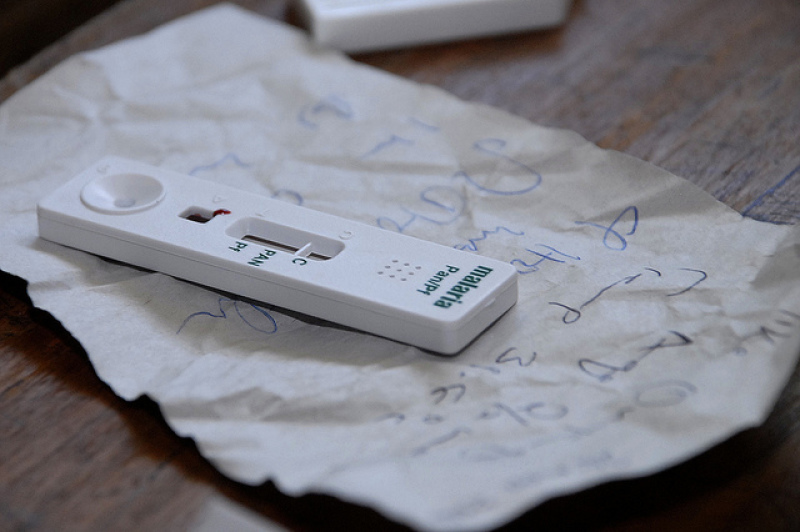
Recent studies revealed a new strain of malaria that is resistant to medication. Researchers revealed that the parasite that causes the disease may react to medication for a certain amount of time, but might eventually develop resistance to it.
According to a report by Reuters, a farmer named Ka La Nar acquired the disease again while he was working at a farm in South East Myanmar. Nar acquired the illness five times before and was able to combat it. But when he sustained the illness for the sixth time, the local farmer had a difficult time getting it treated.
A research led by Nanyang Technological University (NTU) in Singapore revealed that malaria is now more difficult to cure. Sachel Mok, an NTU researcher, shared that they have already discovered how the parasite responsible for malaria was able to resist the drugs used to treat the illness.
According to Mok, the malaria parasite made itself resistant to the disease by increasing its capacity to repair damages caused by medication. This made it prone to anti-malaria drugs, even the advanced ones.
"Because the drug is more effective against the parasite at its later stage of its development, the parasite slowed down its growth so it could survive longer in the younger stages," Mok explains.
Mok's team used malaria samples from countries where the disease are prevalent like Vietnam, Thailand, Laos, Myanmar, and Cambodia.
Malaria patients were given a three-day treatment as part of the medication process. Patients are expected to recover after that period. Those who will not recover from the illness after three days are likely positive of drug-resistant malaria.
Nar still had the symptoms of the disease after receiving the three-day treatment. According to him, he is still experiencing headaches although his fever is gone. Another malaria test showed that Nar is still positive of the disease.
NTU Associate Professor Bozdech explains that history have always shown science that an evolved malaria parasite is more difficult to cure even with the most effective malarial drug. Researchers and scientists are now facing a difficult challenge in developing a more potent treatment for the new malaria strain. Around 580,000 people have died of Malaria in 2013 alone.


















